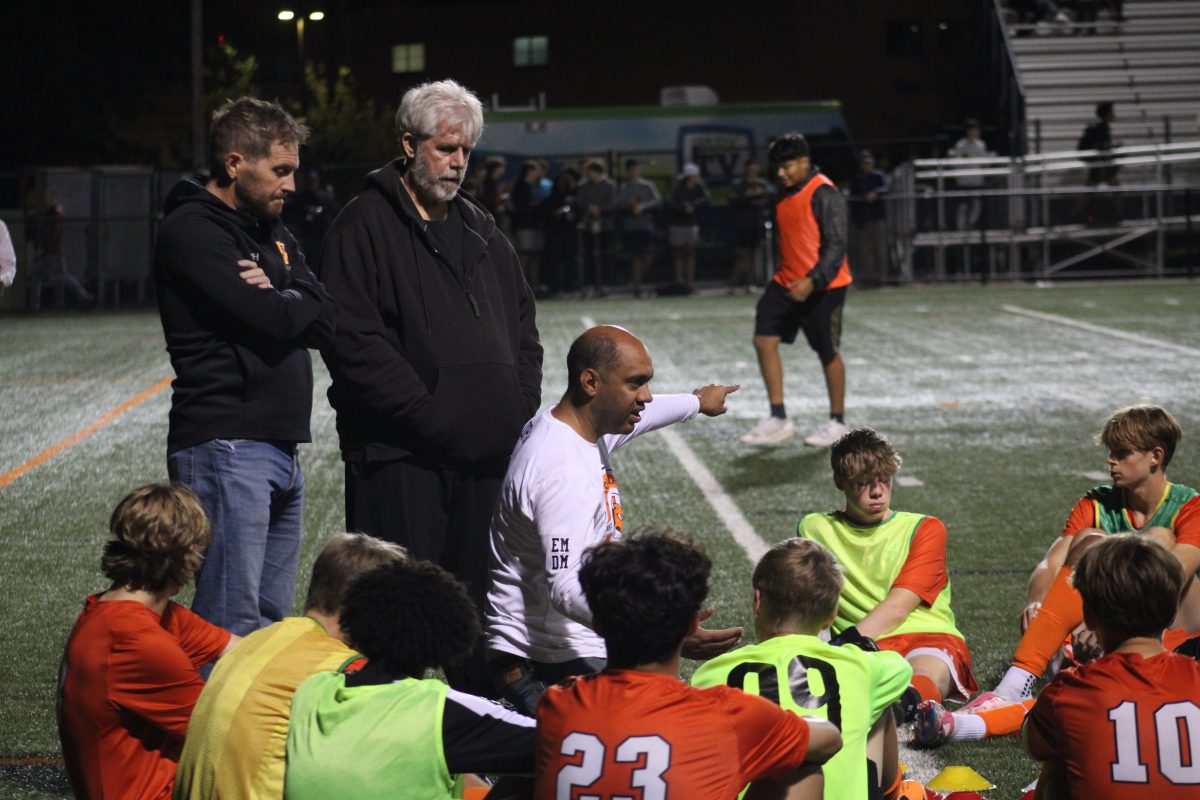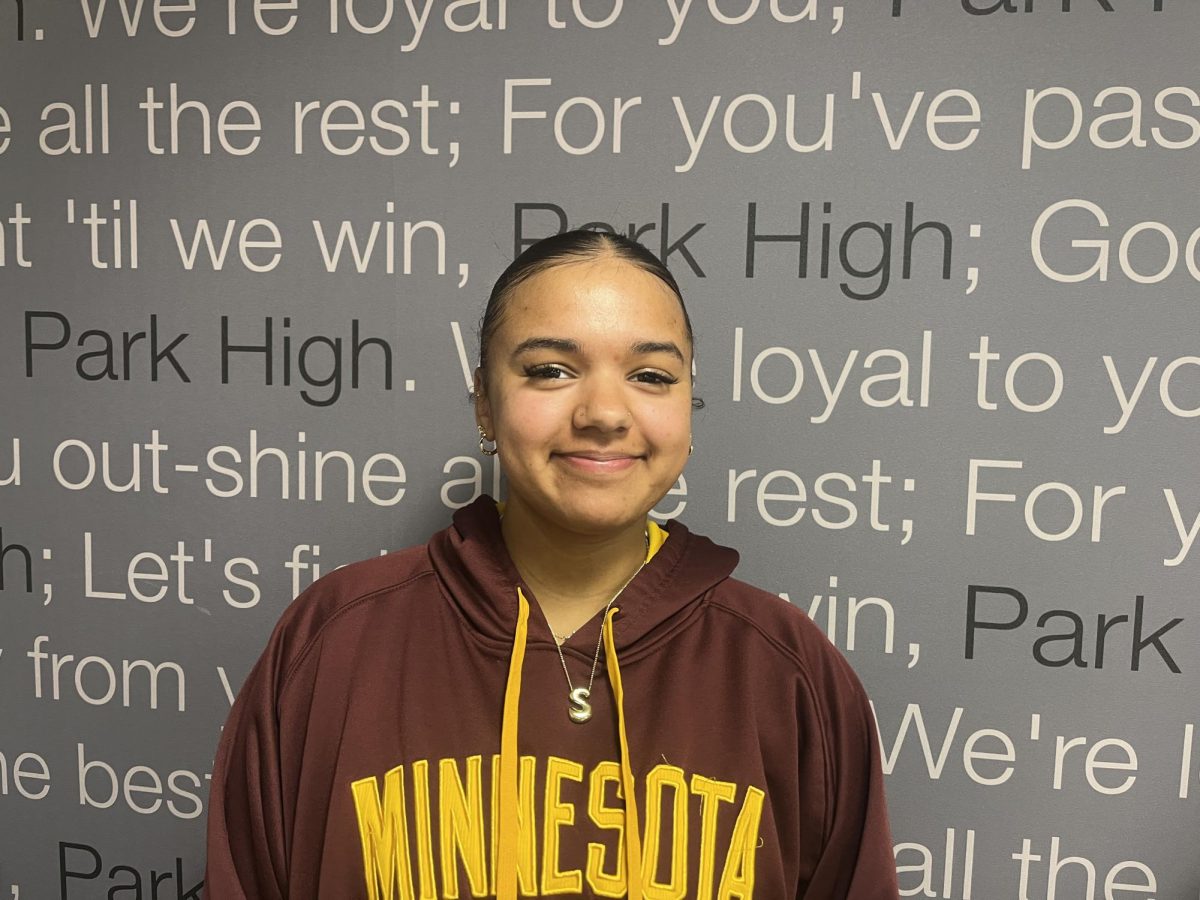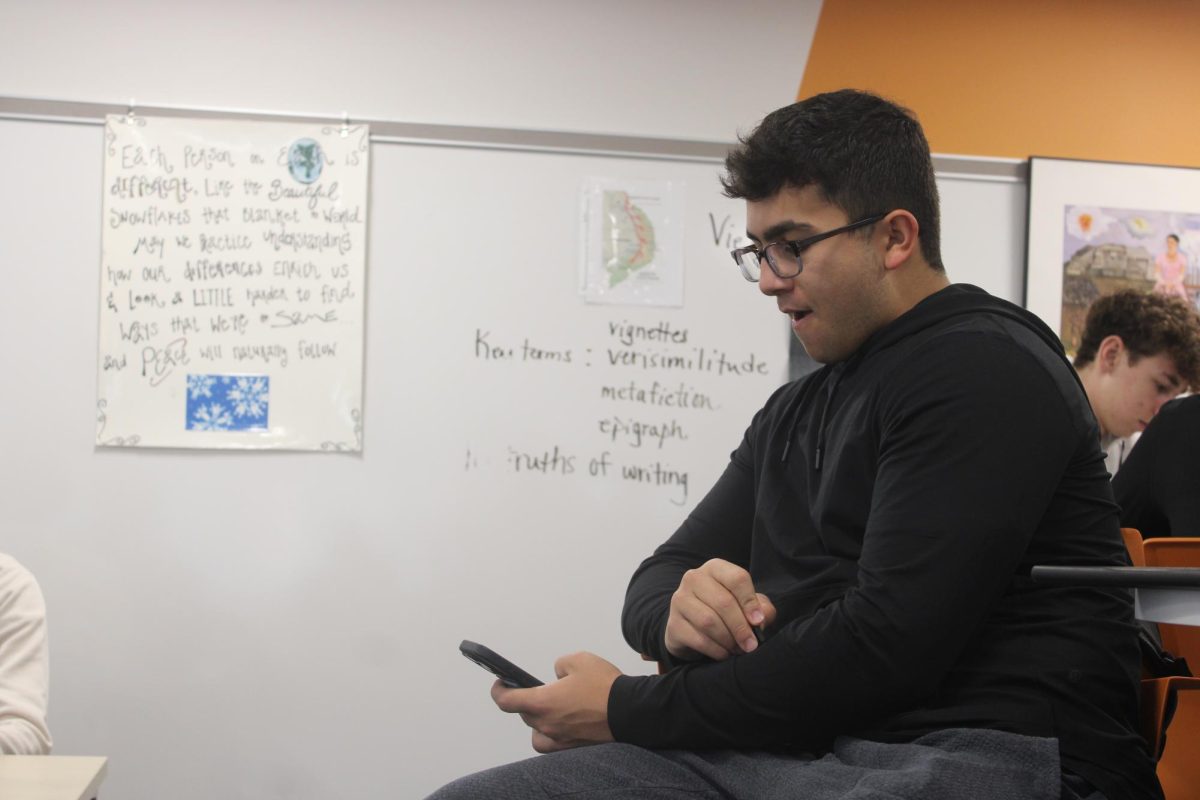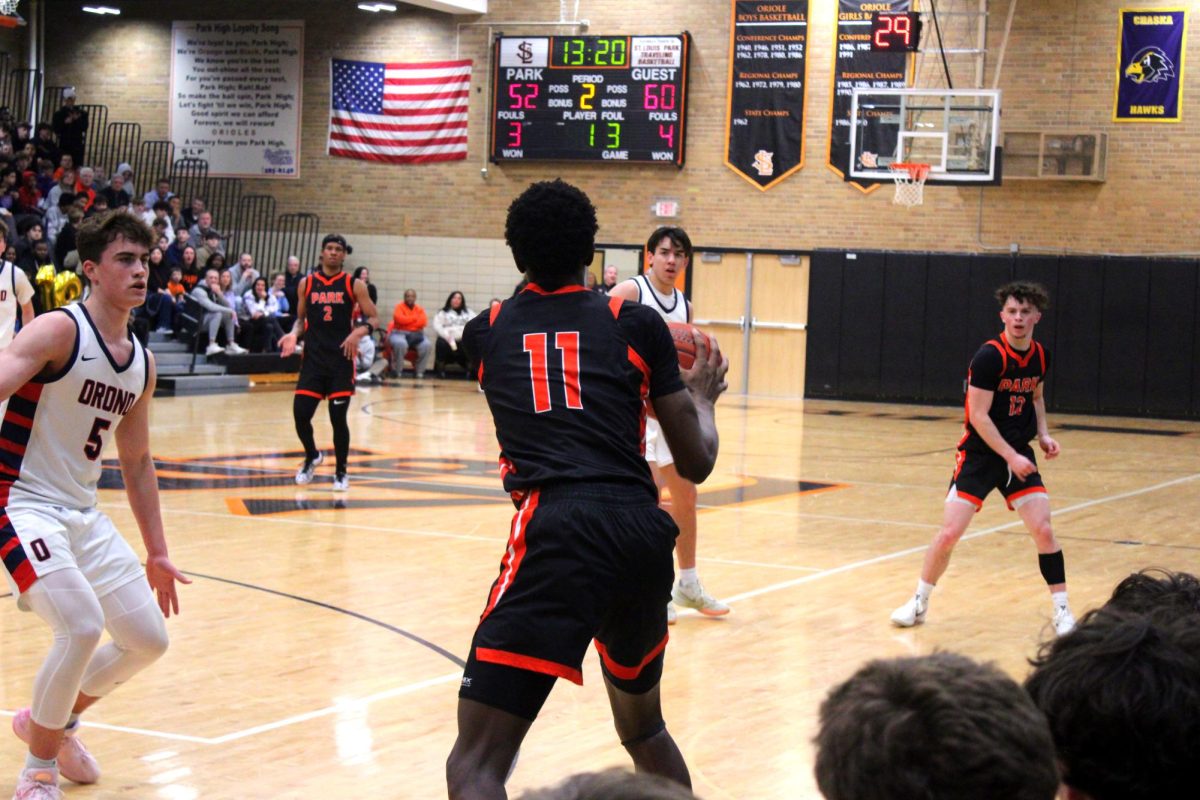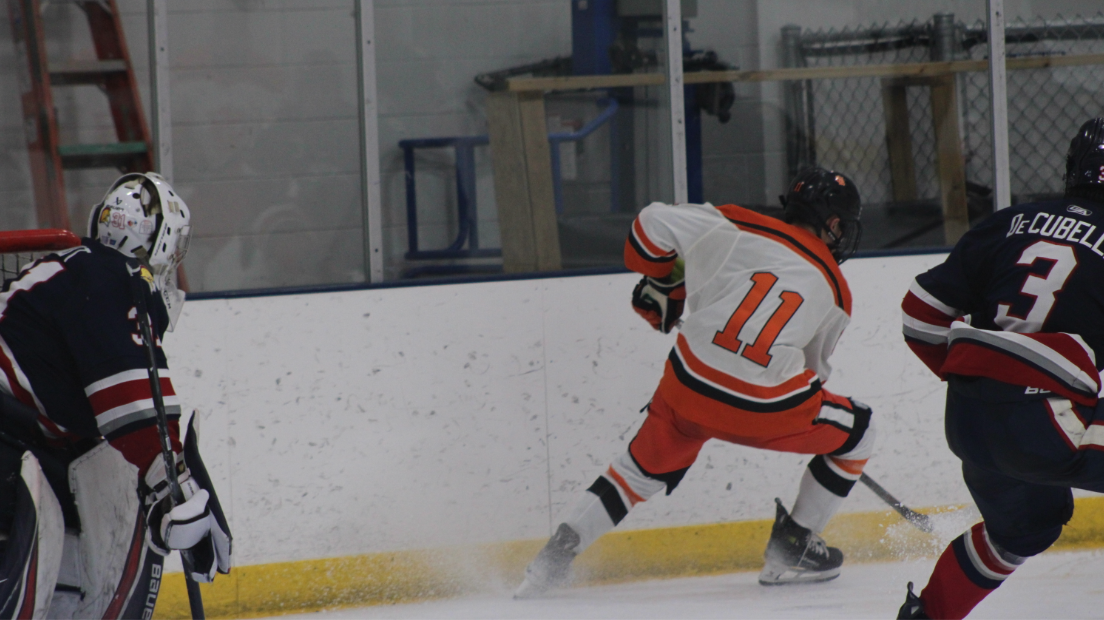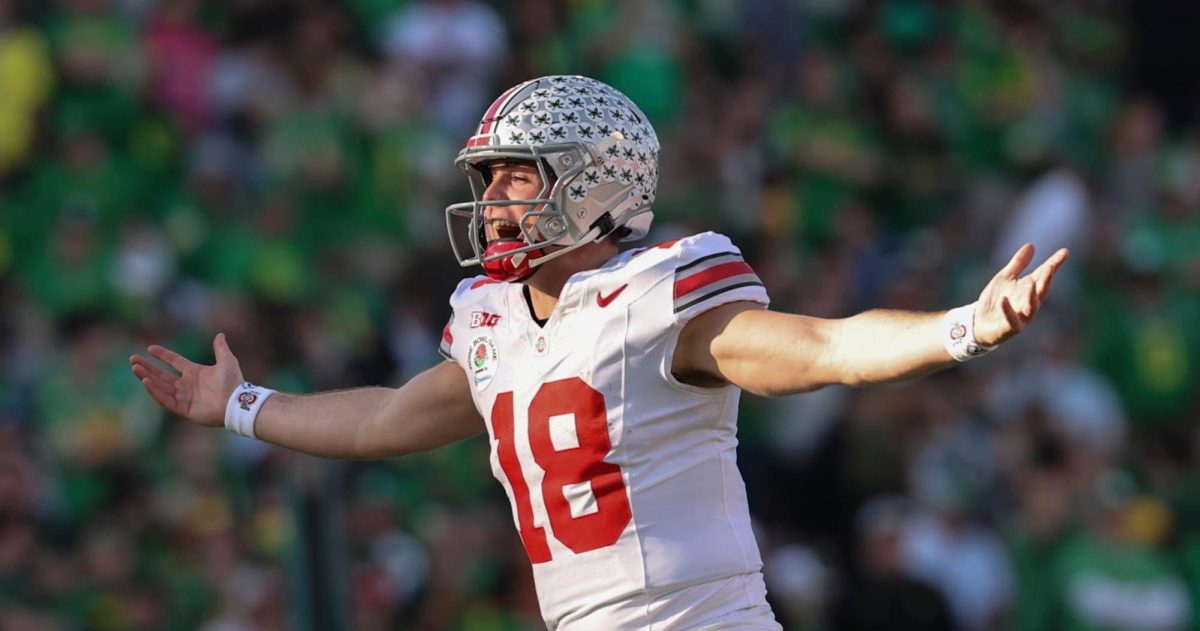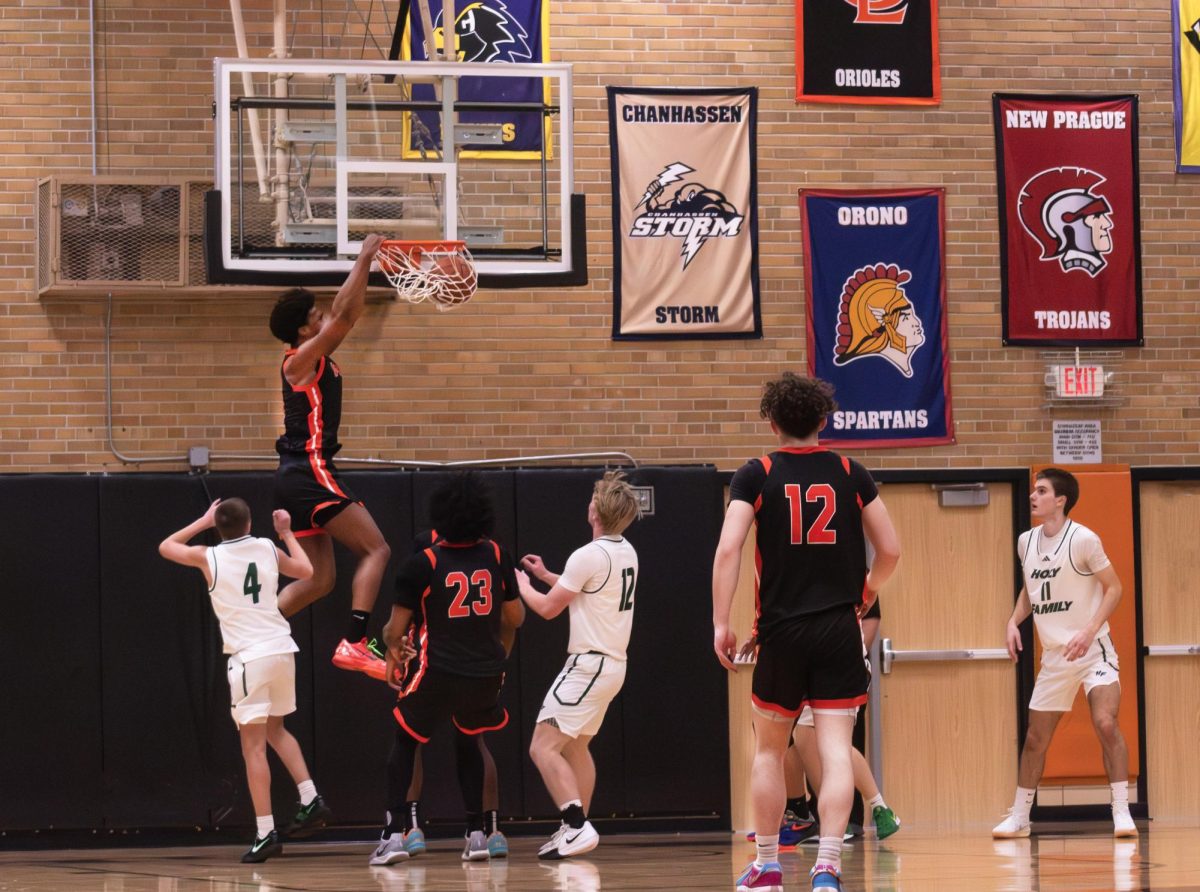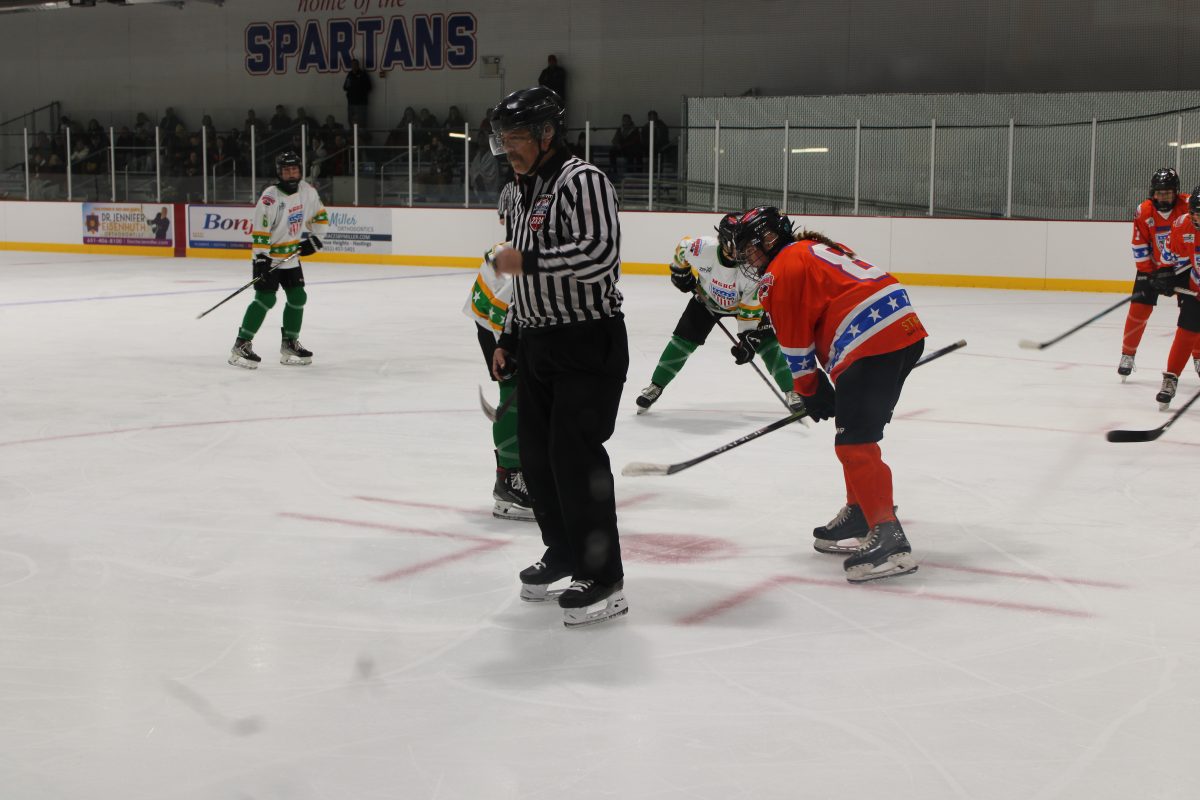Coaches are intertwined with high school sports—they have unique jobs balancing athletes’ sports lives with school lives, something club sports don’t have to worry as much about. In high school sports, there are a range of coaches who know a lot about their sport and others not as much because of the amount of coaches needed.
Jessica Gust, science teacher and Park’s strength and conditioning coach, said a good coach pushes athletes to be their best on and off the field. She said winning can come with being a good coach, but that is not always true.
“(A good coach is) somebody who is in it for supporting the kids becoming the best humans and athletes that they can be,” Gust said. “I would say anything involving winning (are) the type of things that come along with being a good coach if you do a good job, but it’s certainly not guaranteed.”
Senior football player Jeremy Eichten said an effective coach is someone who can rally the players together and create a good atmosphere.
“A good coach is someone who the players buy into and who the players will do anything for because if the players buy into what you’re doing and you have a positive environment, then you’re going to have more success,” Eichten said.
Junior swimmer Isabelle Schmidt said a coach needs to extend an athlete’s limits while building their confidence. She said they need to be able to build relationships with their players.
“A good coach pushes an athlete hard and believes in you,” Schmidt said. “They need to make sure they know what their athletes need besides helping them with their sport.”
Gust said some of her best coaches were with her on bad teams because they knew they had nothing to lose. She said the teams focal point was getting better at the sport every day.
“Some of the best coaching I got was on a team that was so embarrassingly bad that the coaches had no other choice but to be really good coaches because they knew we weren’t going to win,” Gust said. “The focus every day was on learning, development, having fun and practicing new skills.”
Eichten said coaches have more responsibilities than just helping athletes on the field—they should be there off the field too. He said coaches have a duty to mentor the kids on their team and help them through the season.
“It’s their responsibility to act as a role model for the players and help guide them,” Eichten said. “If a player has a personal problem, they should be able to go to their coaches and their coaches are able to help them.”
Schmidt said being successful as an athlete or a team doesn’t show how beneficial a coach is. She said coaches should be there for the team regardless of the game outcome.
“I don’t think winning represents the impact a coach has on a player,” Schmidt said. “Win or lose, a coach should make sure they are coaching accurately, and no matter the score, they should still be a coach.”



